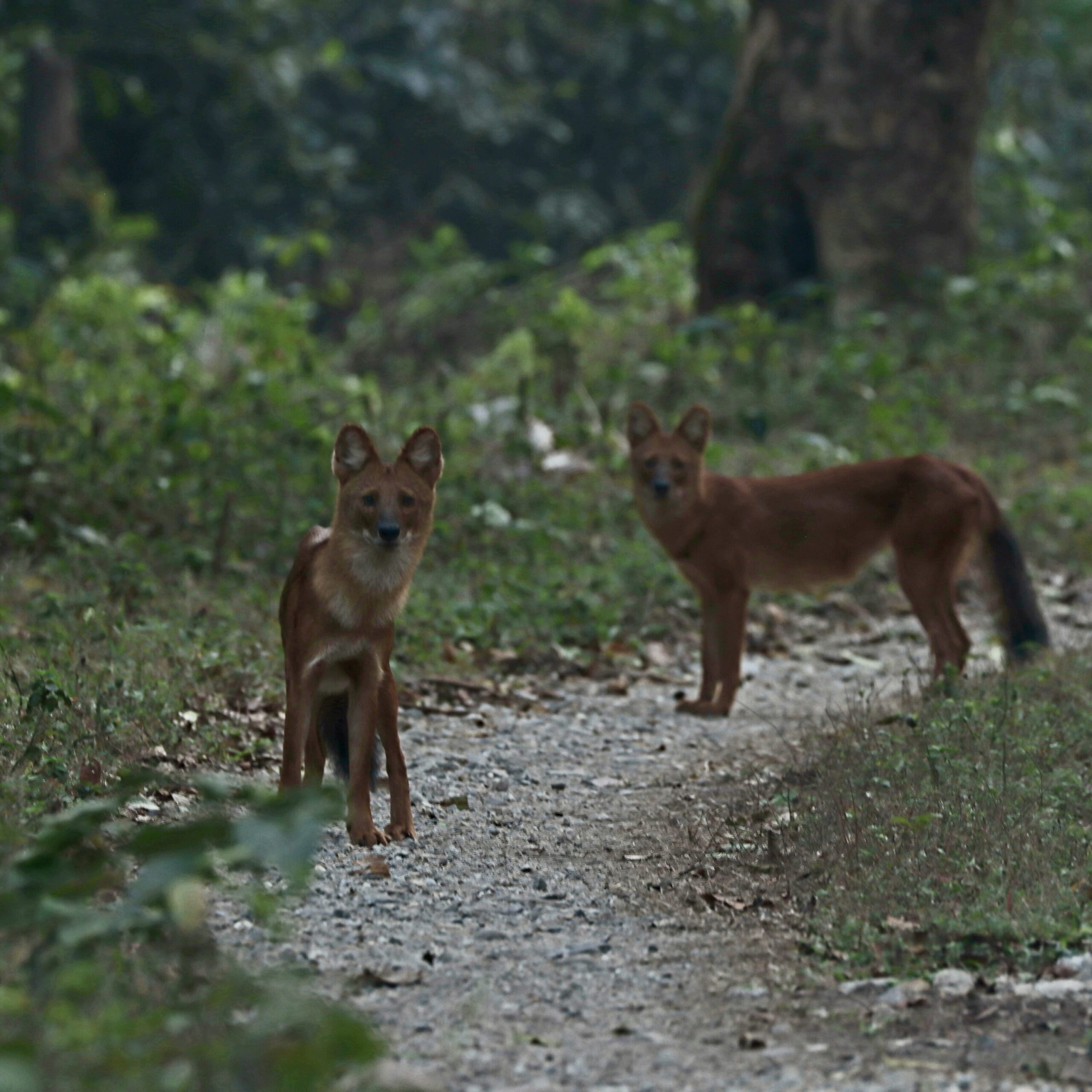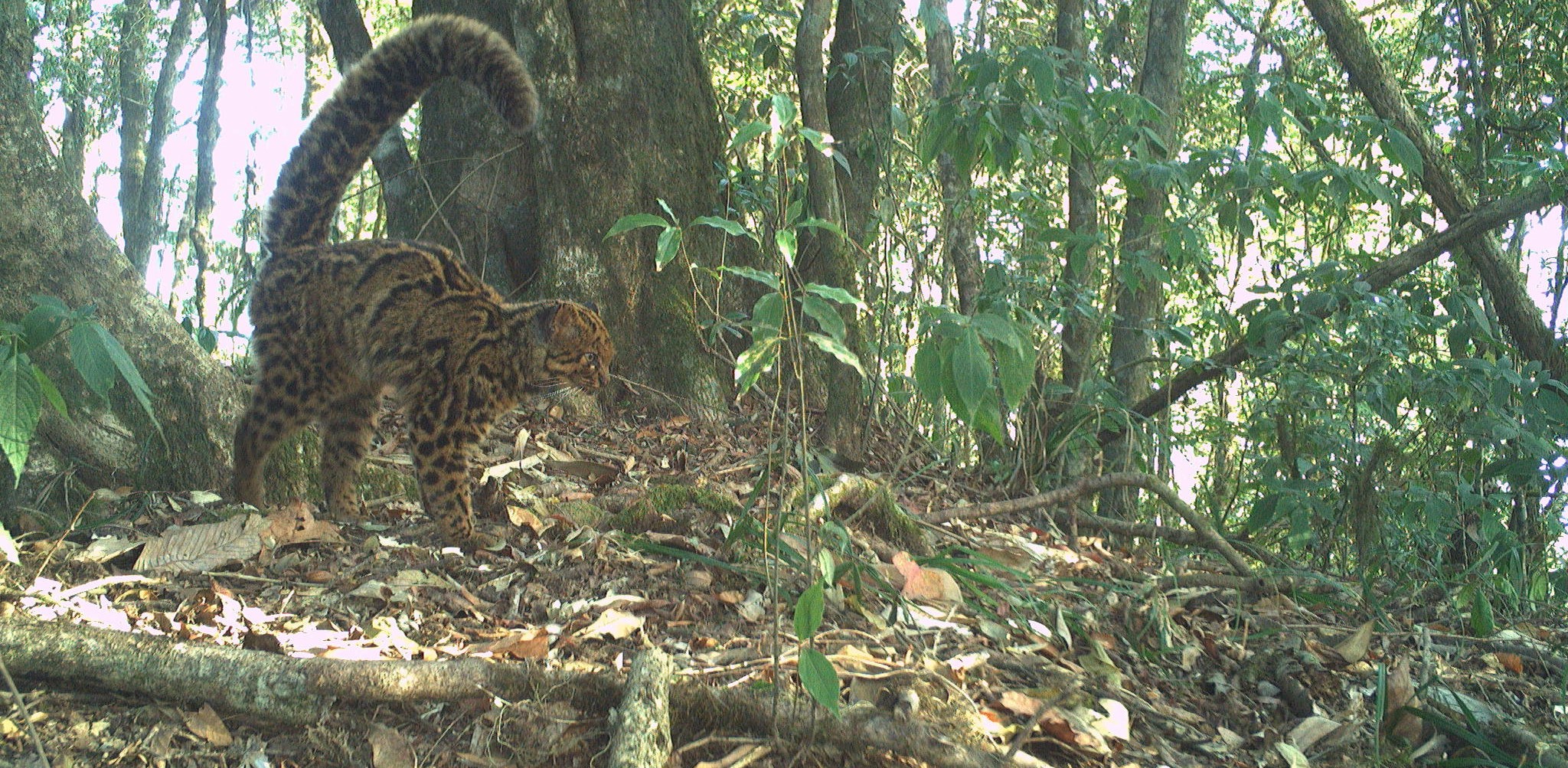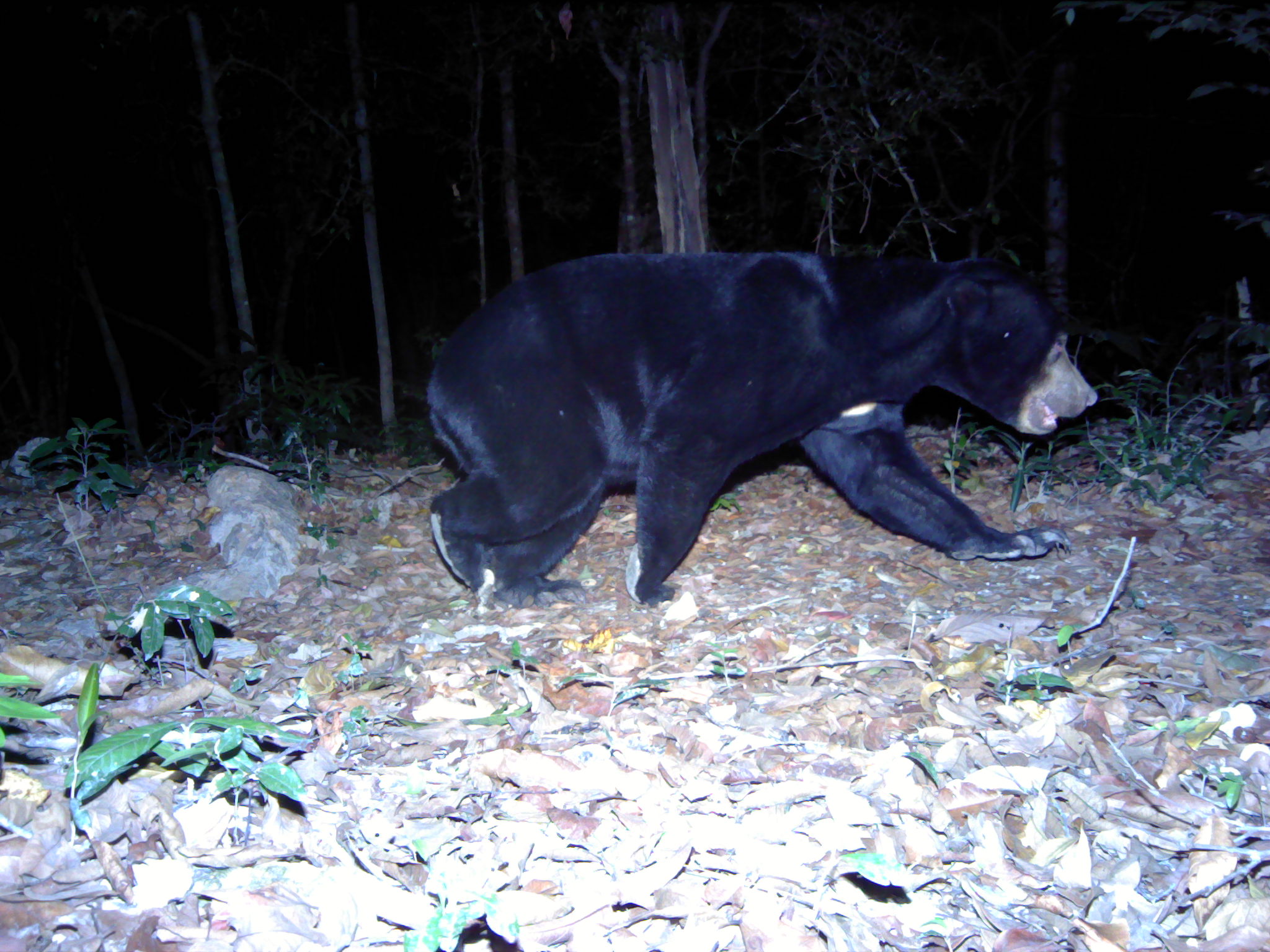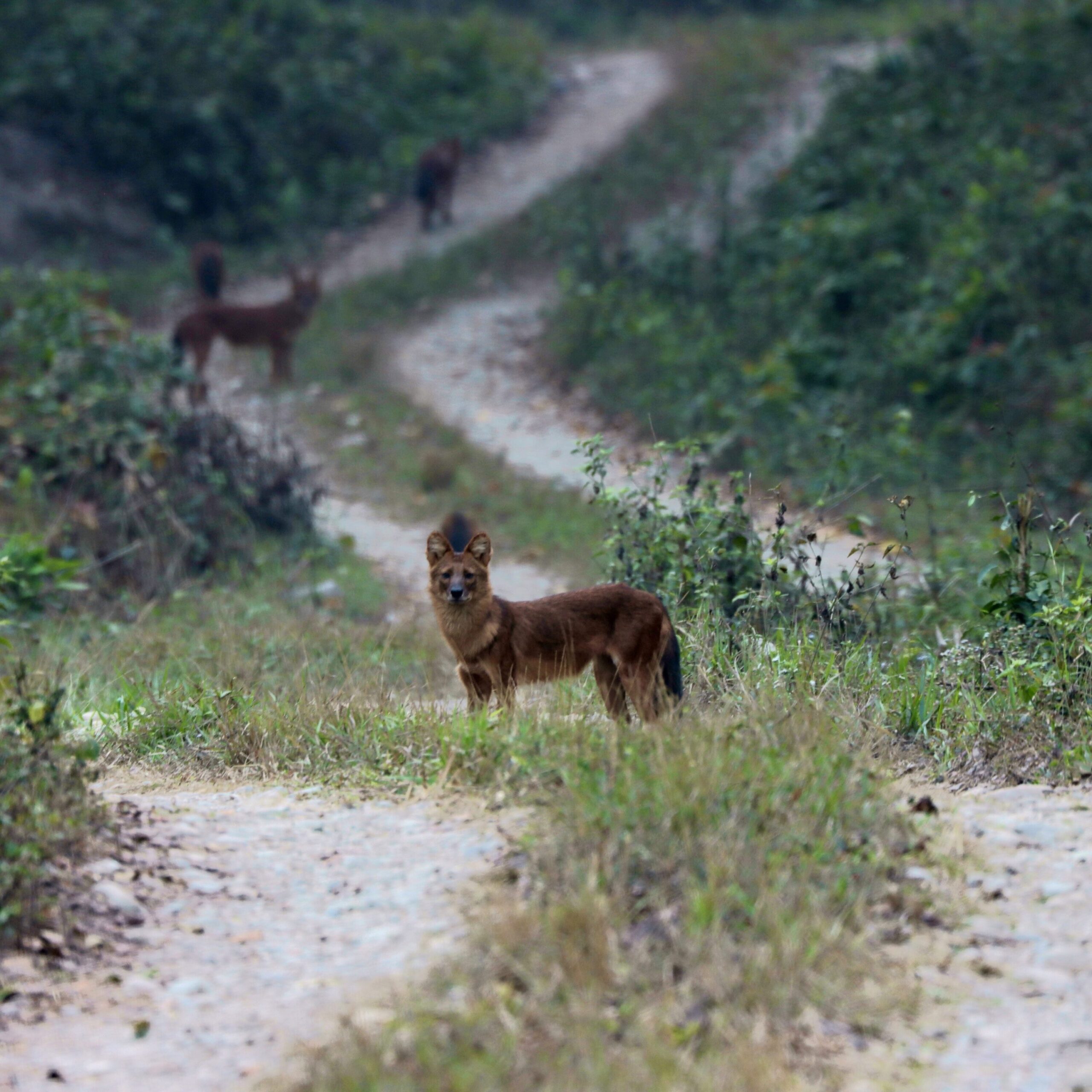Unprecedented habitat loss in Southeast Asia has led to increasingly fragmented wildlife populations. This research investigates how habitat degradation affects the connectivity of carnivore populations, and how future environmental changes might impact their distribution, population size and genetic diversity. The aim is to identify and prioritize key areas and ecological corridors that are critical for the long-term conservation of these species.
CONSERVATION CONTEXT
Carnivores play a critical role in maintaining the functionality and dynamics of ecosystems by regulating prey populations. In Southeast Asia, a region known for its high biodiversity, carnivores face increasing threats due mainly to extensive habitat loss and prey depletion. Effective conservation of these species requires the identification of key areas capable of supporting viable populations over the long term, as well as the protection of ecological corridors that ensure connectivity between fragmented habitats.
This research aims to evaluate how anthropogenic changes in the landscape have impacted carnivore connectivity and to predict how future climate and land-use changes may affect their distribution, population size, and genetic diversity. The findings will help inform targeted and effective conservation strategies. Our focus is on several lesser-studied, yet ecologically important species: the dhole (Cuon alpinus), Asian golden cat (Catopuma temminckii), marbled cat (Pardofelis marmorata), and sun bear (Helarctos malayanus).

Dholes ©Dorji Rabten

Marble Cat ©DoFPS Bhutan
APPROACH
Using a comprehensive camera trap dataset from multiple sites across Southeast Asia, we are developing habitat suitability models for each species using climatic, geomorphological, biological, and anthropogenic variables. We will then conduct large-scale connectivity analyses using Connecting Landscapes (CoLa) R package to identify priority areas and corridors for conservation. Finally, by applying future climate and development scenarios based on three socio-economic pathways (SSPs), we will assess how predicted landscape changes may impact species connectivity, population viability, and genetic diversity. This will enable us to identify areas likely to support resilient populations under future environmental conditions.

Sun Bear ©WWF Cambodia

Dholes ©Dorji Rabten
PROJECT MEMBERS
This project is led by Dr Caroline Sartor, postdoctoral research associate at WildCRU, under the guidance of Prof David Macdonald and Dr Samuel Cushman, and involving several other researchers and collaborators in the Southeast Asian Felid Programme.